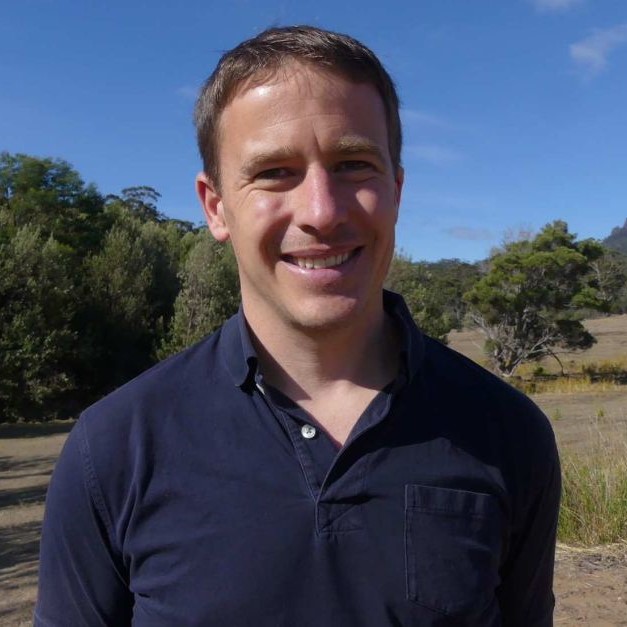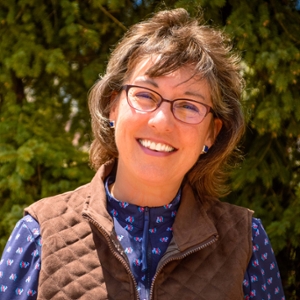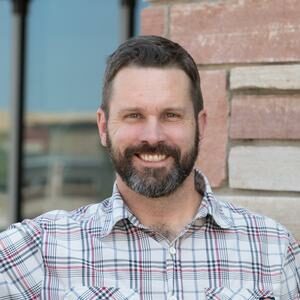People
VandeWoude Laboratory, Colorado State University
The VandeWoude Lab investigates feline pathogens and pathogen spread in mountain lion populations, manages and organizes the mountain lion sample access database and sample biorepository, and coordinates PI and group meetings. Dr. Sue VandeWoude is passionate about engaging veterinary trainees in research projects.

Sue VandeWoude, D.V.M.
University Distinguished Professor
Dean, College of Veterinary Medicine and Biomedical Sciences, Colorado State University
Principal Investigator
Funk Laboratory, Colorado State University
Chris Funk, Ph.D.
Professor
Co-Principal Investigator
Crooks Laboratory, Colorado State University

Kevin Crooks, Ph.D.
Professor
Director, Center for Human-Carnivore Coexistence, Colorado State University
Co-Principal Investigator
Craft Laboratory, University of Minnesota

Meggan Craft, Ph.D.
Associate Professor
Co-Principal Investigator
Carver Laboratory, University of Tasmania, Australia

Scott Carver, Ph.D.
Lecturer in Wildlife Ecology
Co-Principal Investigator
Ernest Laboratory, University of Wyoming
The Ernest Lab uses ecological tools – including whole genome analysis for wild animals and their disease pathogens, analysis of population genetics, and epidemiology – to understand how diseases affect wildlife populations. The Ernest lab is contributing to the next generation sequencing and genomic analysis of California pumas and, with UC Davis Boyce Lab has provided blood samples for pathogen analysis.

Holly Ernest, D.V.M., Ph.D.
Professor
Wyoming Excellence Chair in Disease Ecology
Co-Principal Investigator

